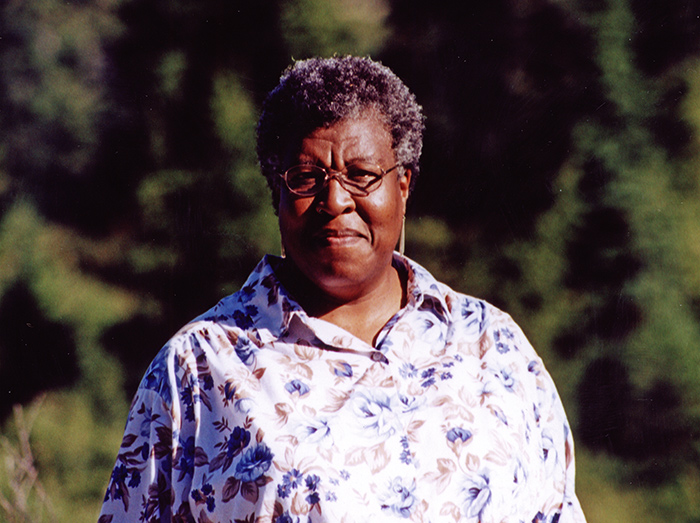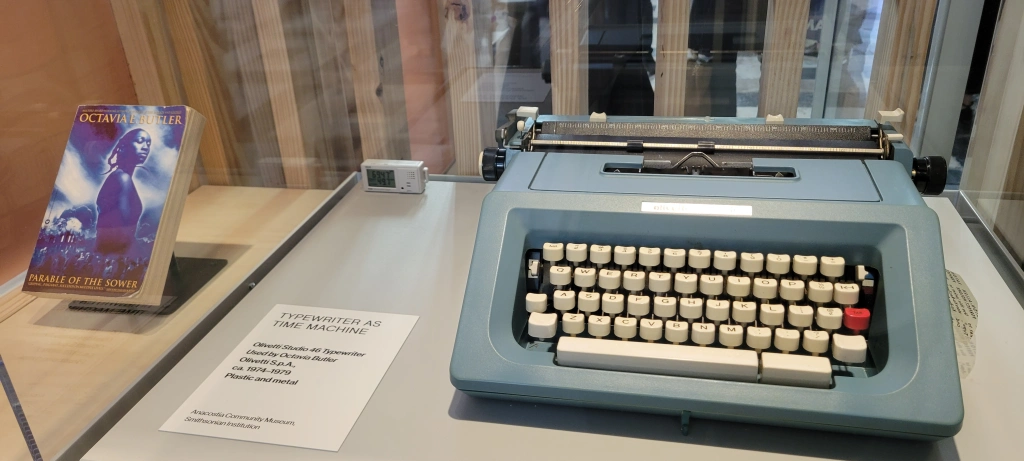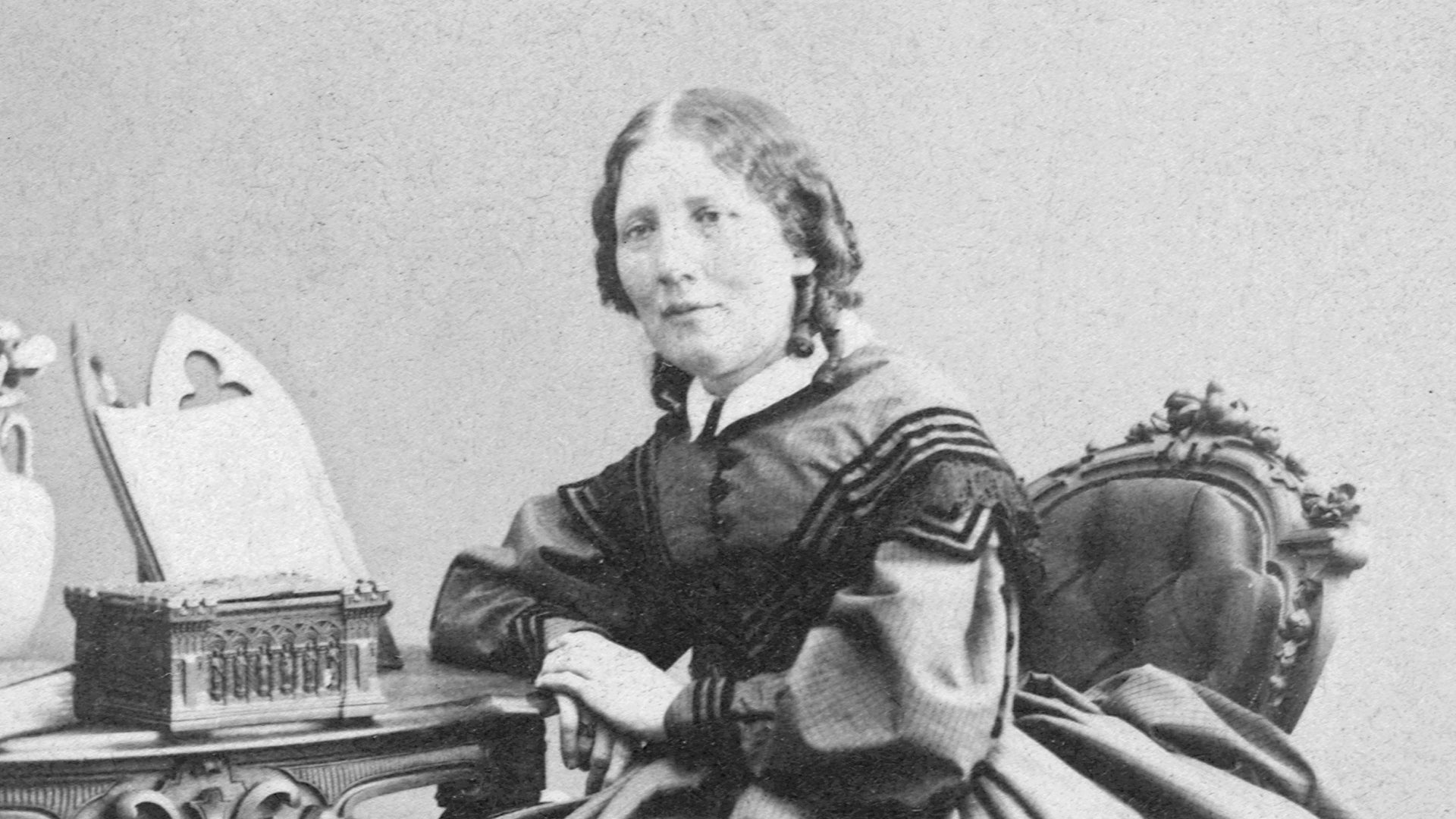In the annals of American literature, few figures stand as tall as Octavia E. Butler, a woman who dared to reimagine the boundaries of science fiction. Born in 1947 in Pasadena, California, Butler’s rise from humble beginnings to literary stardom is a testament to the power of perseverance and the American spirit.
Butler, the daughter of a shoe shiner and a house cleaner, grew up in the shadow of Jim Crow, witnessing firsthand the indignities suffered by her mother in the homes of wealthy whites. Yet, from these inauspicious beginnings, she forged a path that would lead her to the pinnacle of her craft.
At the tender age of ten, armed with nothing more than a secondhand typewriter and an indomitable will, Butler began her lifelong affair with the written word. She eschewed the notion of divine inspiration, famously declaring, “Habit is more dependable.” This philosophy would serve her well as she navigated the treacherous waters of the publishing world.

For years, Butler toiled in obscurity, rising before dawn to write and supporting herself through a series of menial jobs. She traversed the sprawling metropolis of Los Angeles by bus, her keen eye observing and cataloging the human drama unfolding around her. These experiences would later inform her richly textured narratives.
Butler’s ascent was not meteoric, but rather a steady climb fueled by determination and talent. Her breakthrough came with the publication of “Patternmaster” in 1976, ushering in a period of remarkable productivity. She boldly placed Black characters at the center of her stories, a revolutionary act in a genre long dominated by white male voices.
Her prescience was uncanny. In her “Parable” series, Butler painted a dystopian future that bears an unsettling resemblance to our present reality. Environmental catastrophe, political demagoguery – these themes, once confined to the realm of speculation, now dominate our headlines.
Recognition, when it came, was well-deserved. Multiple Hugo and Nebula awards adorned her mantle, and in 1995, she became the first science fiction author to receive the prestigious MacArthur fellowship. It was a validation of her life’s work, a testament to the power of perseverance in the face of adversity.

Butler’s legacy extends far beyond her literary achievements. She stands as a beacon for aspiring writers of color, proof that one can indeed write oneself into the canon. Her beloved Olivetti typewriter, now housed in the Anacostia Community Museum, serves as a tangible reminder of her enduring impact.
In the end, it was Butler’s unwavering commitment to her craft that saw her through the darkest of times. “The story, you see, will get you through,” she once said, a sentiment that rings true for writers and readers alike.
Octavia E. Butler’s journey from the back doors of Pasadena to the forefront of American literature is a uniquely American tale. It is a story of talent recognized, of barriers broken, and of a vision that continues to shape our understanding of what is possible in the realm of imagination.


